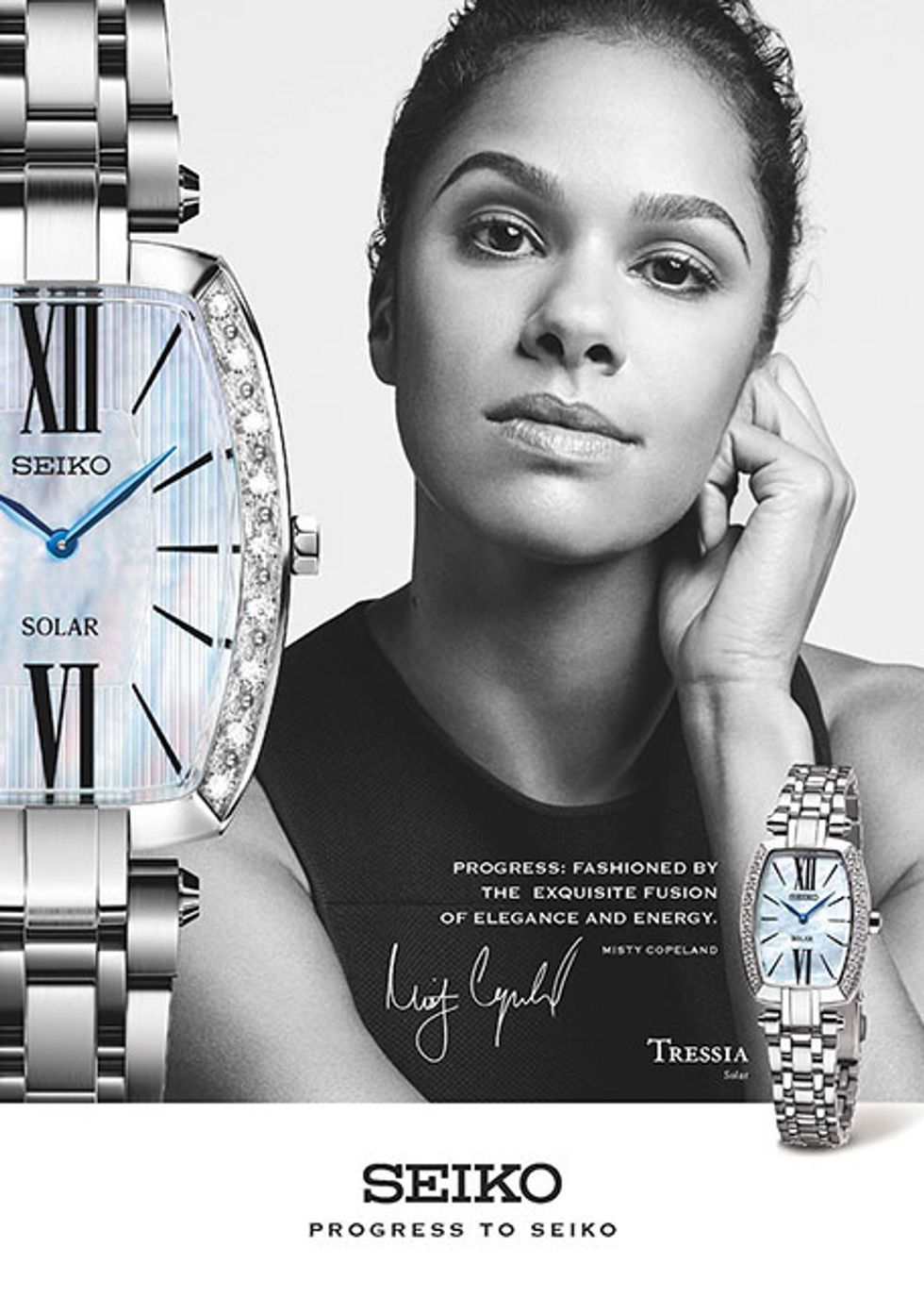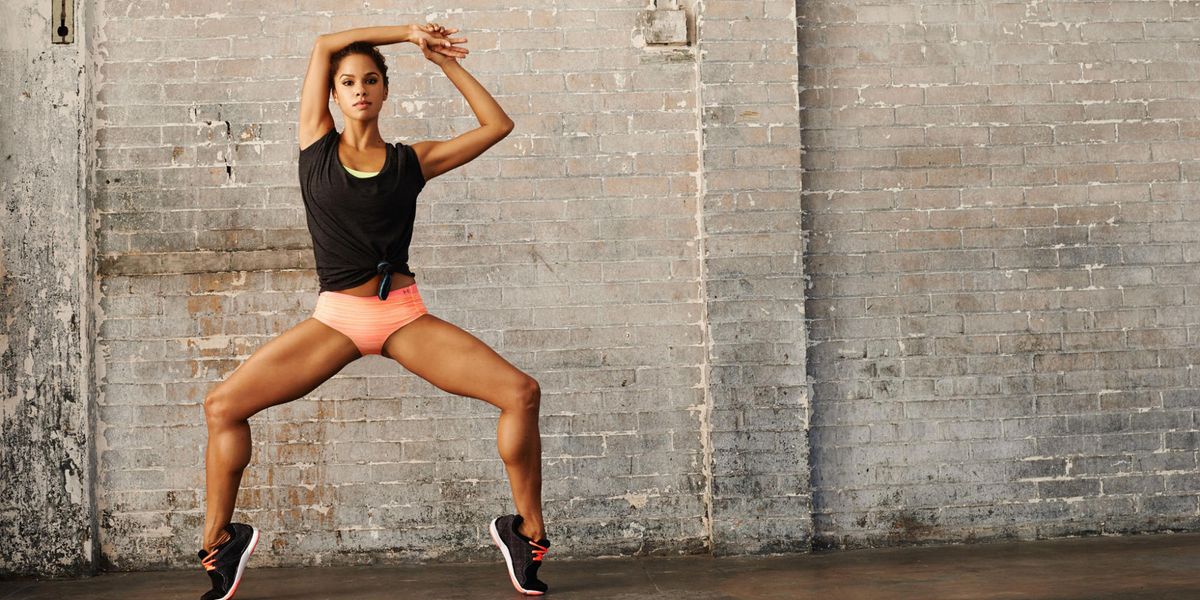How To Land An Endorsement Deal, According to Misty Copeland's Manager
In 2012, Misty Copeland was already a star on the American Ballet Theatre stage. But a national ad campaign for Diet Dr. Pepper effectively introduced the dancer to a whole new audience. Gilda Squire, Copeland’s manager who negotiated the deal with the brand’s advertising company, says partnering with the soda was a carefully planned move.
“It wasn’t a huge payout, but I saw it as a strategic opportunity,” says Squire. In the years since, Copeland has become a household name, landing partnership after partnership with brands like Oikos yogurt, watchmaker Seiko USA and Under Armour.
Endorsement deals are becoming more and more common for dancers—and not just with dancewear companies. While not all deals are as large as Copeland’s, each has the potential to expand your career, whether this means an extra paycheck, free products, priceless publicity or a gateway to future projects.
1. Make A Connection
If you’re interested in adding endorsements to your repertoire, strategizing with a manager or agent is a good place to start. But performers without representation can opt to make a connection on their own as well. Squire recommends drafting an introductory letter to a marketing director to express interest and describe the impact you have on others—maybe a large social media following or a connection to local schools.

Photo via Seiko
2. Negotiate a Deal
No two endorsement deals look exactly alike. The simplest may involve social media posts in exchange for free products, while higher-paying gigs may include print or TV ads, event appearances, or interviews for pay ranging from hundreds to hundreds of thousands of dollars.
An agent or manager should work to get you the best deal, but it’s important to also look over the contract yourself. Note how long the brand will have the rights to any media they create, and what facets you are expected to be involved in. What is the campaign’s reach? Will you get paid a lump sum or as you go? Will the deal be “category exclusive,” meaning you cannot work with competitors? Red flags are anything that’s vague, any signs that you may be asked to do extra work without additional pay, or anything that might directly conflict with other jobs or your integrity as a dancer. Whether you’re working with representation or not, pay a lawyer to read over the contract and further clarify what you’re getting into.
“Read the fine print, as painful as that may be,” Squire advises. “No question is too small. Once you sign, you’re tied to that brand.”
3. Protect Your Brand
The most crucial facet of finalizing a deal is choosing a product and message you feel good about putting your name behind. Pushing something you don’t believe in or spamming your social media followers about any company who offers free goods may jeopardize your reputation. “Don’t be afraid to walk away from a deal if it’s not the right fit,” Squire says. “It’s not just about the money, but how the partnership complements your growing brand.”




